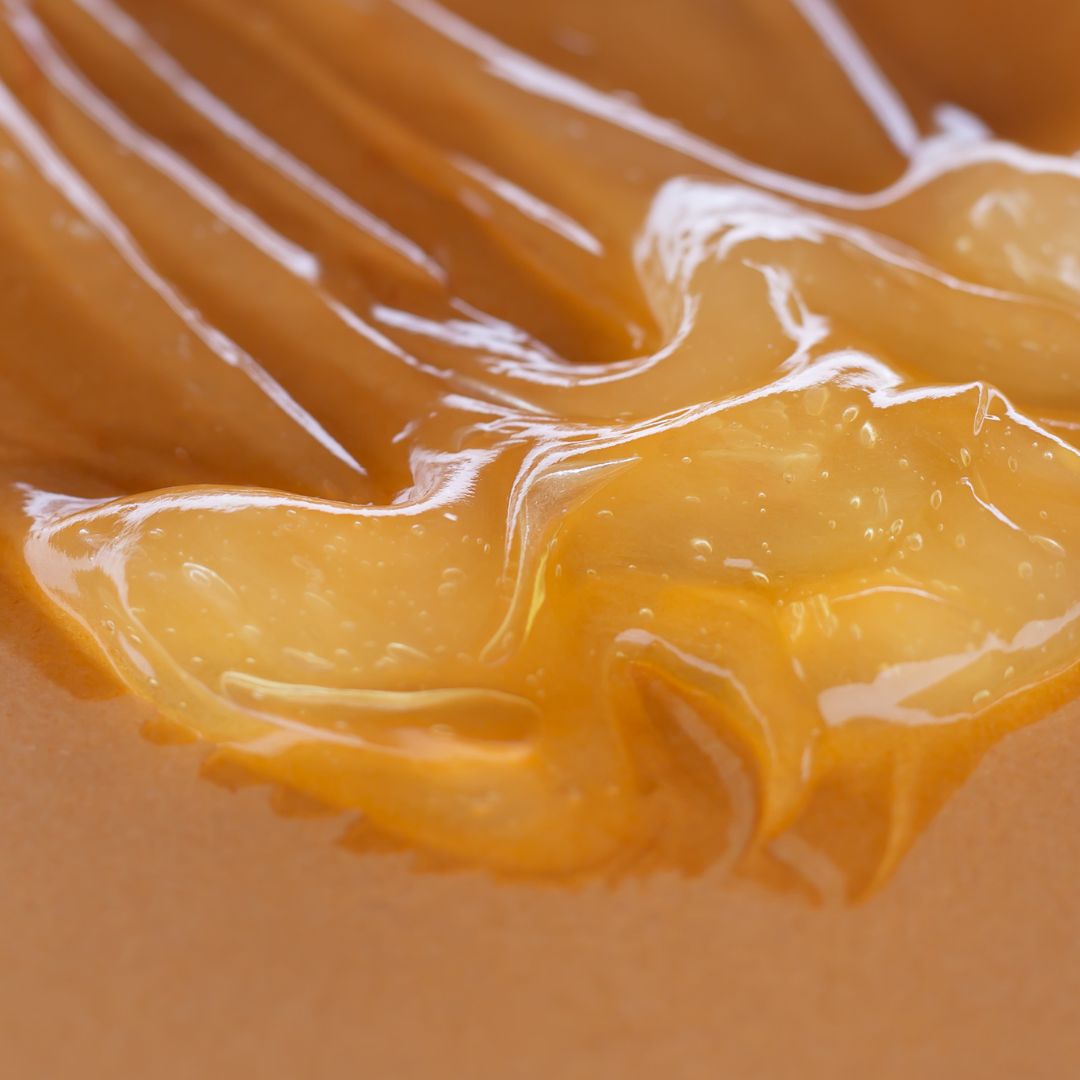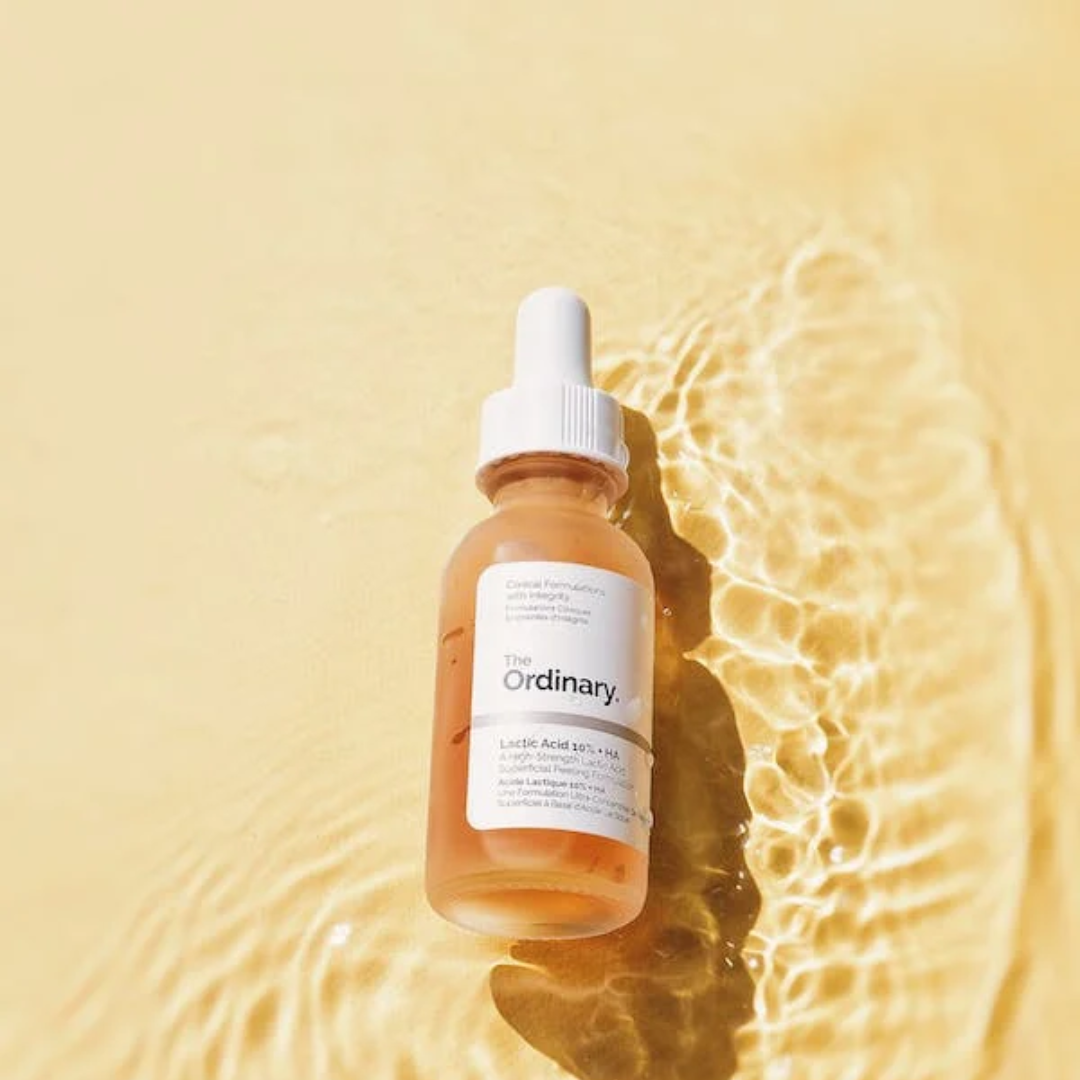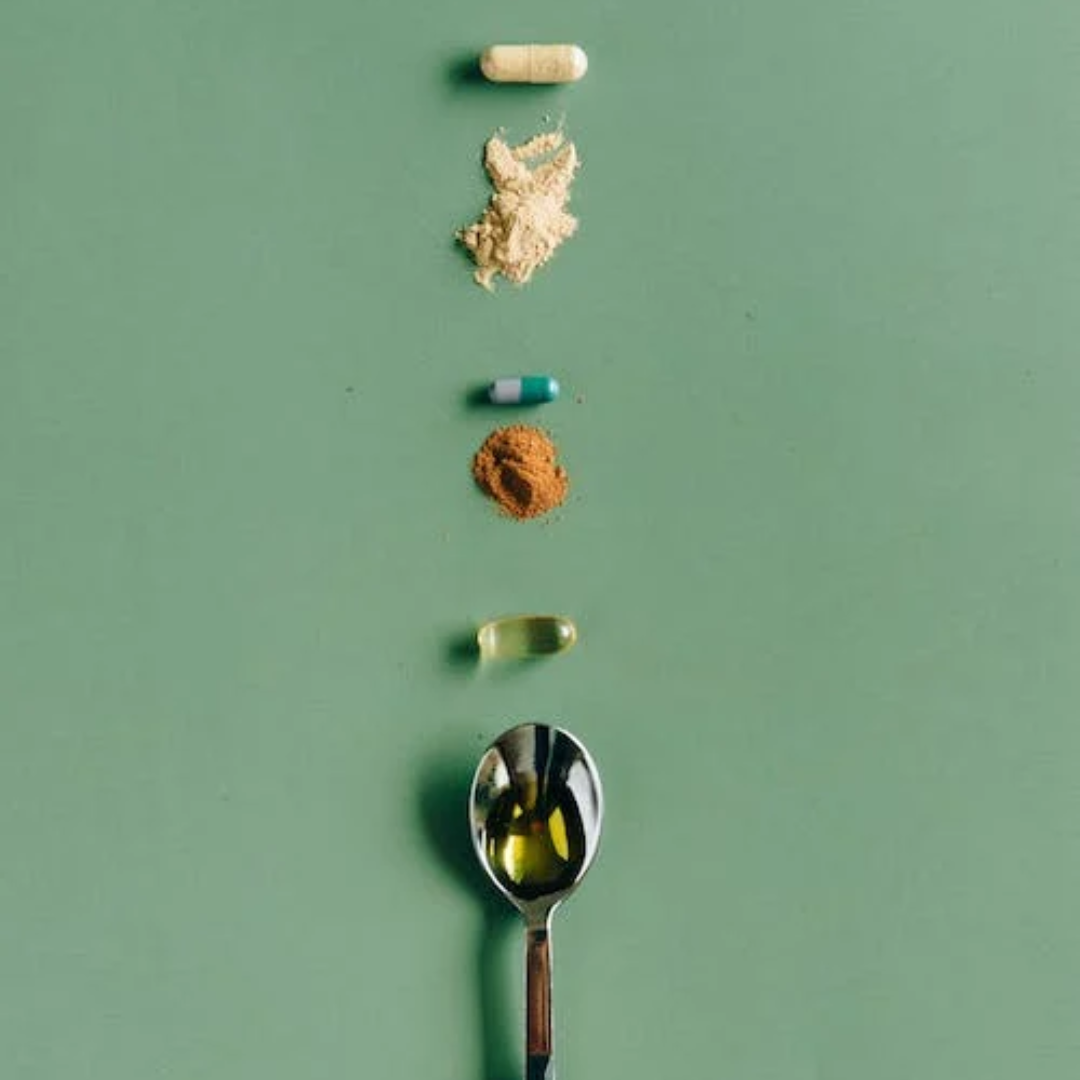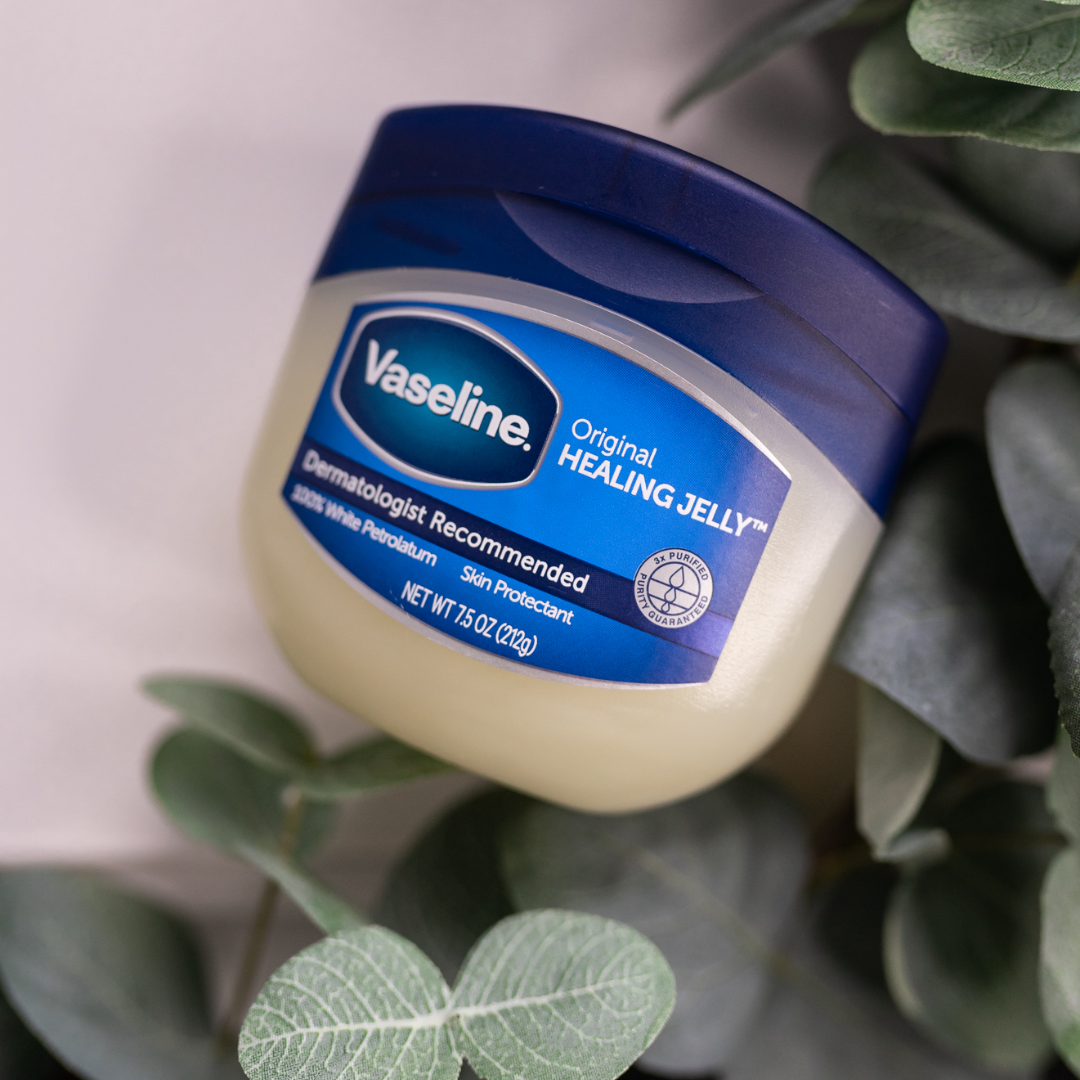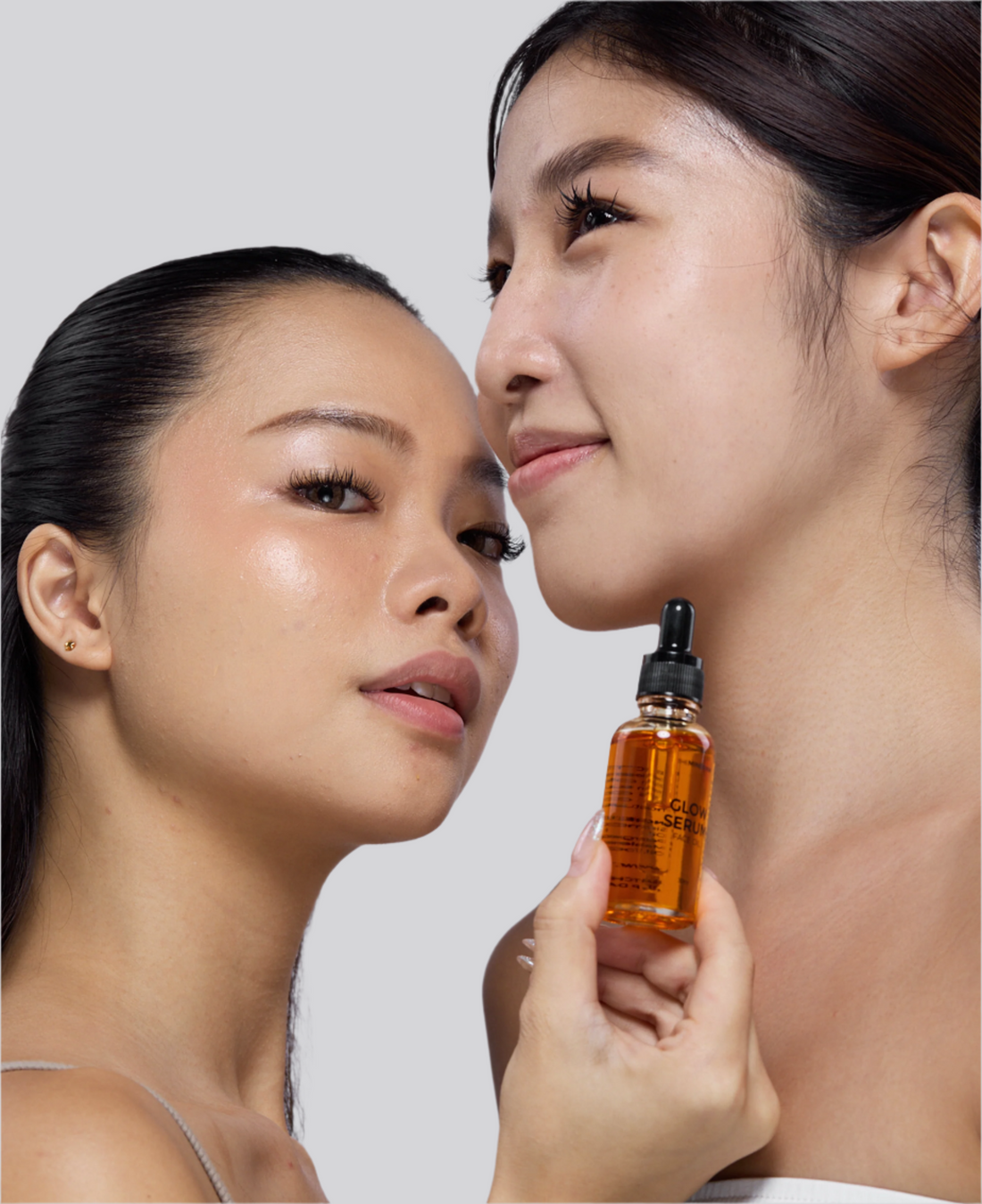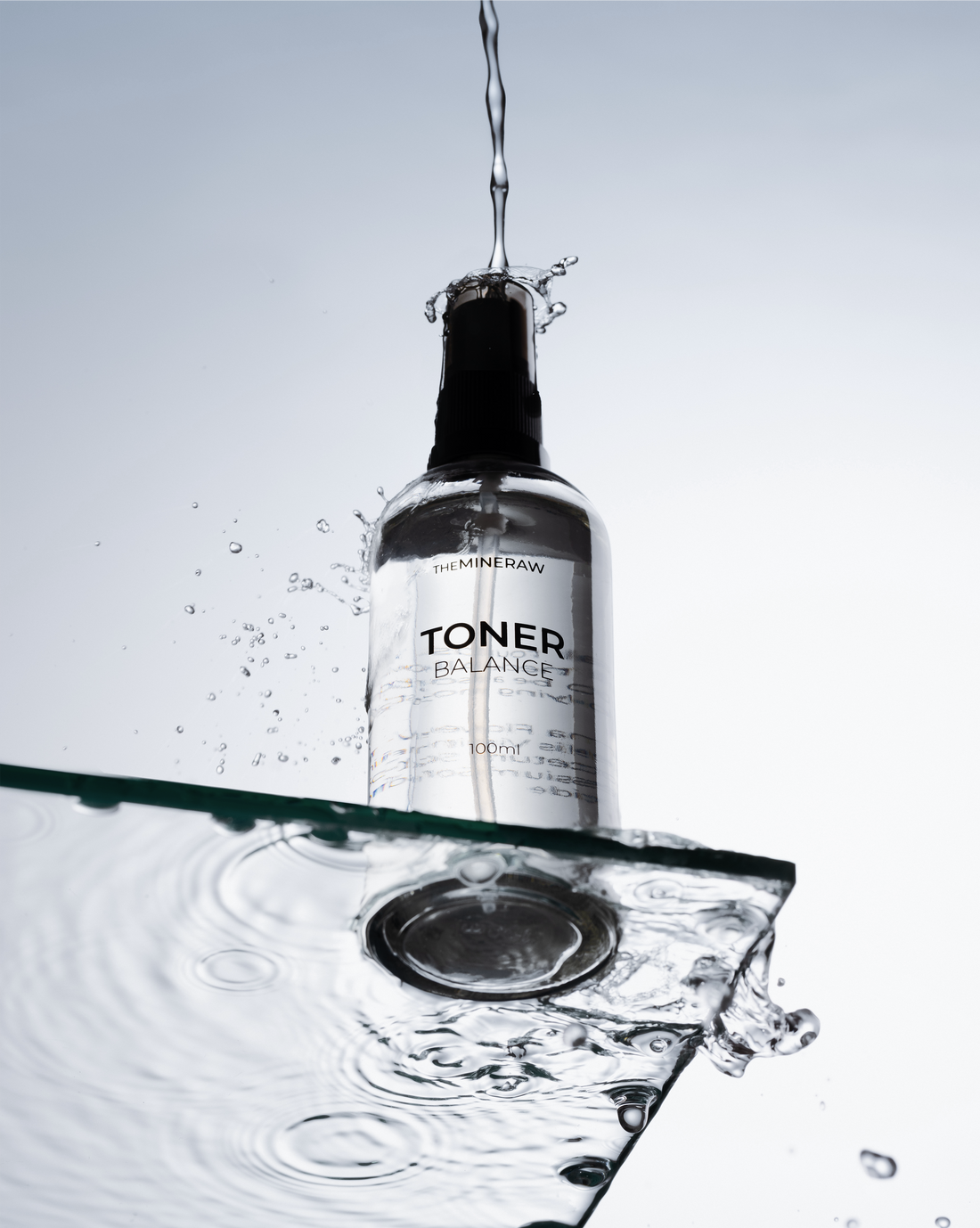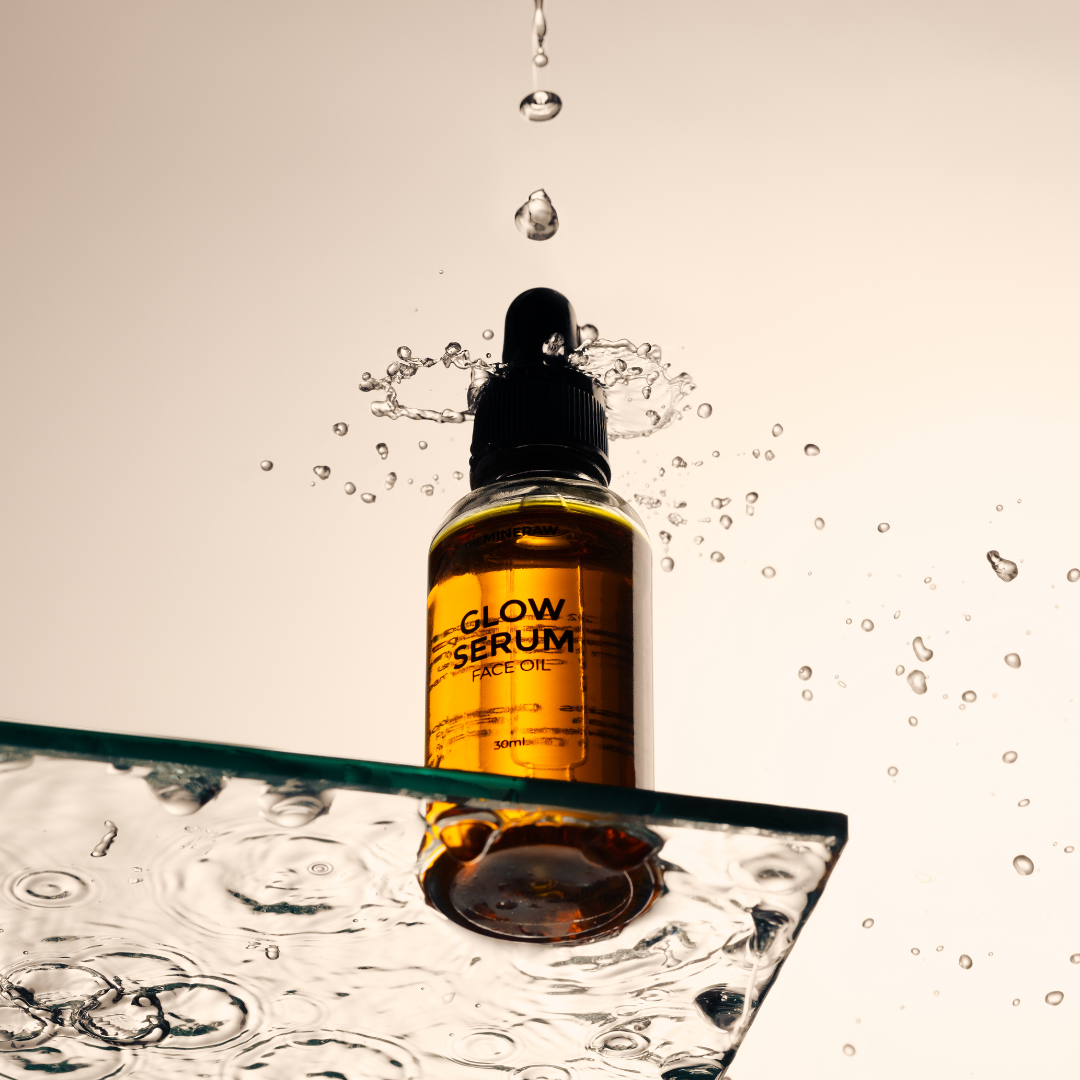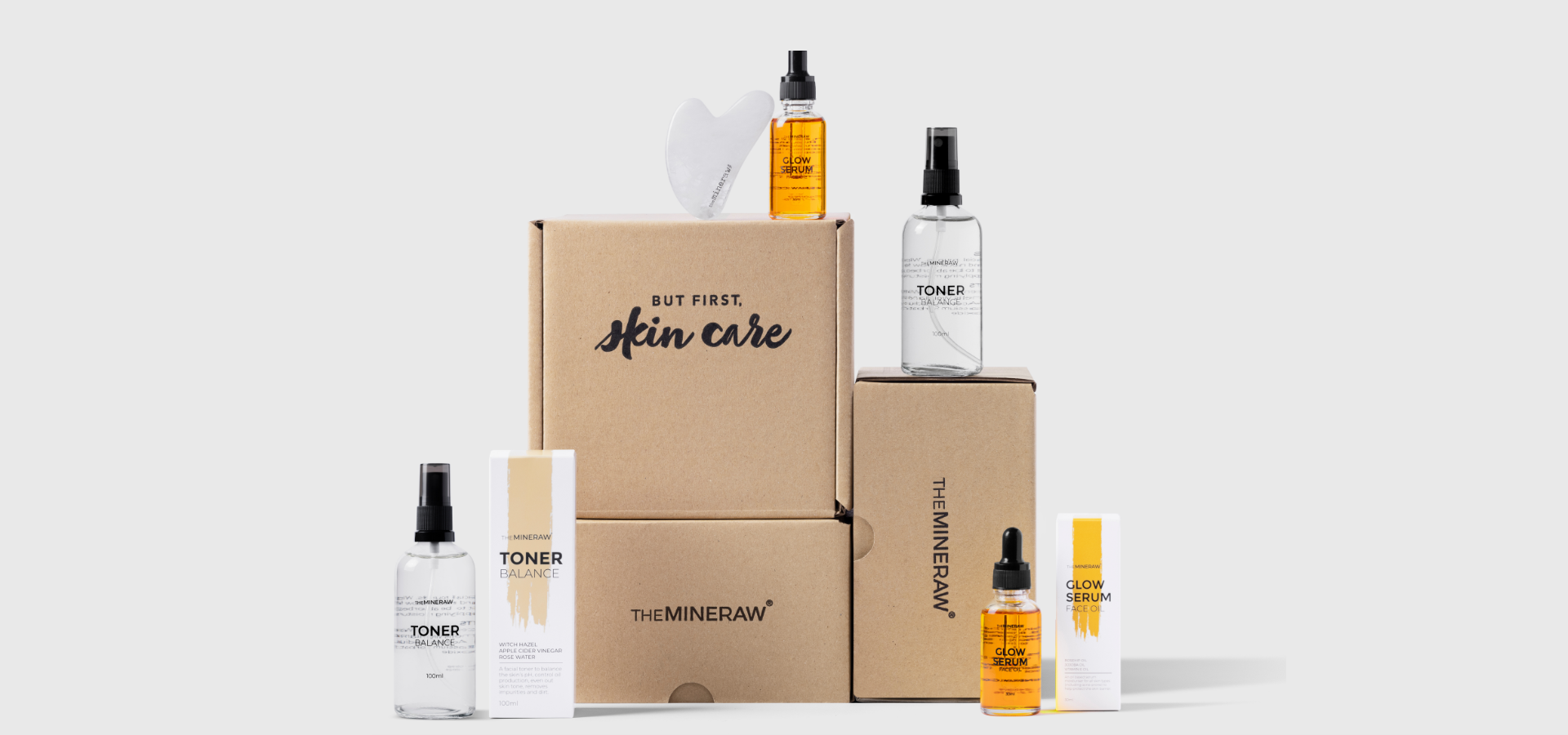
Ever wondered about the hype retinol has been getting all over social media? Retinol is a derivative of Vitamin A that falls under the broad category of retinoids (yes they are not the same). Retinol is mainly used to treat acne and aids with anti-aging that could be used tropical from over the counter or prescriptions from your dermatologists. It comes in many forms such as creams, gels, lotions, ointments and serums.
Retinol is not meant to clear up the dead skin cells on your outer layer surface. Instead, the small molecules go deep beneath the epidermis (outer layer of skin) to your dermis and helps neutralize free radicals. This helps boost the production of elastin and collagen, which creates a “plumping” effect.

Here’s a few benefits on how retinol could solve your skin concerns:
Helps with anti-aging- Retinol also exfoliates your skin and increases collagen production, which can reduce overtime as we age in our body. Thus, retinol prevents the appearance of fine lines and wrinkles, giving your skin a glowing and glass skin like finish.
- Acne is a condition caused by dead and dry skin cells that build up on our pores causing blackheads, pimples and whiteheads. Retinol increases skin cell production (proliferation) that helps unclog pores on our skin. Individuals have to give this ingredient enough time to work as the first few weeks may result in a retinol purge causing a breakout on your skin. Overtime, the retinol would adjust to your face pH and help with the acne.
- Dark spots (hyperpigmentation) is a result of our skin barrier being damaged due to the sun. The colour pigmentation that differs from our skin tone is a result of melanin build up. People find that topical retinol lightens their skin spots, though it takes months and can be irritating to your skin. It’s a good idea to see a dermatologist (a medical doctor who specialises in conditions of the skin) if you’re concerned about dark spots.
All in all, we do believe that every ingredient or product has to be applied in moderation and with due diligence when it comes to the skin, especially retinol given how active it is.
You can find topical retinol nearby your drugstores or similar retinoid alternatives like:
- Adapalene (Differin®, Epiduo®).
- Alitretinoin (Panretin®).
- Bexarotene (Targretin®).
- Tazarotene (Tazorac®, Avage®).
- Tretinoin
We advise individuals to start with the lowest pH concentration of retinol to observe its effectiveness with your skin before jumping into something very active. If you are still unsure, it is always best to visit your dermatologist for a second opinion. Here are a few of our personal favorites for beginners:



